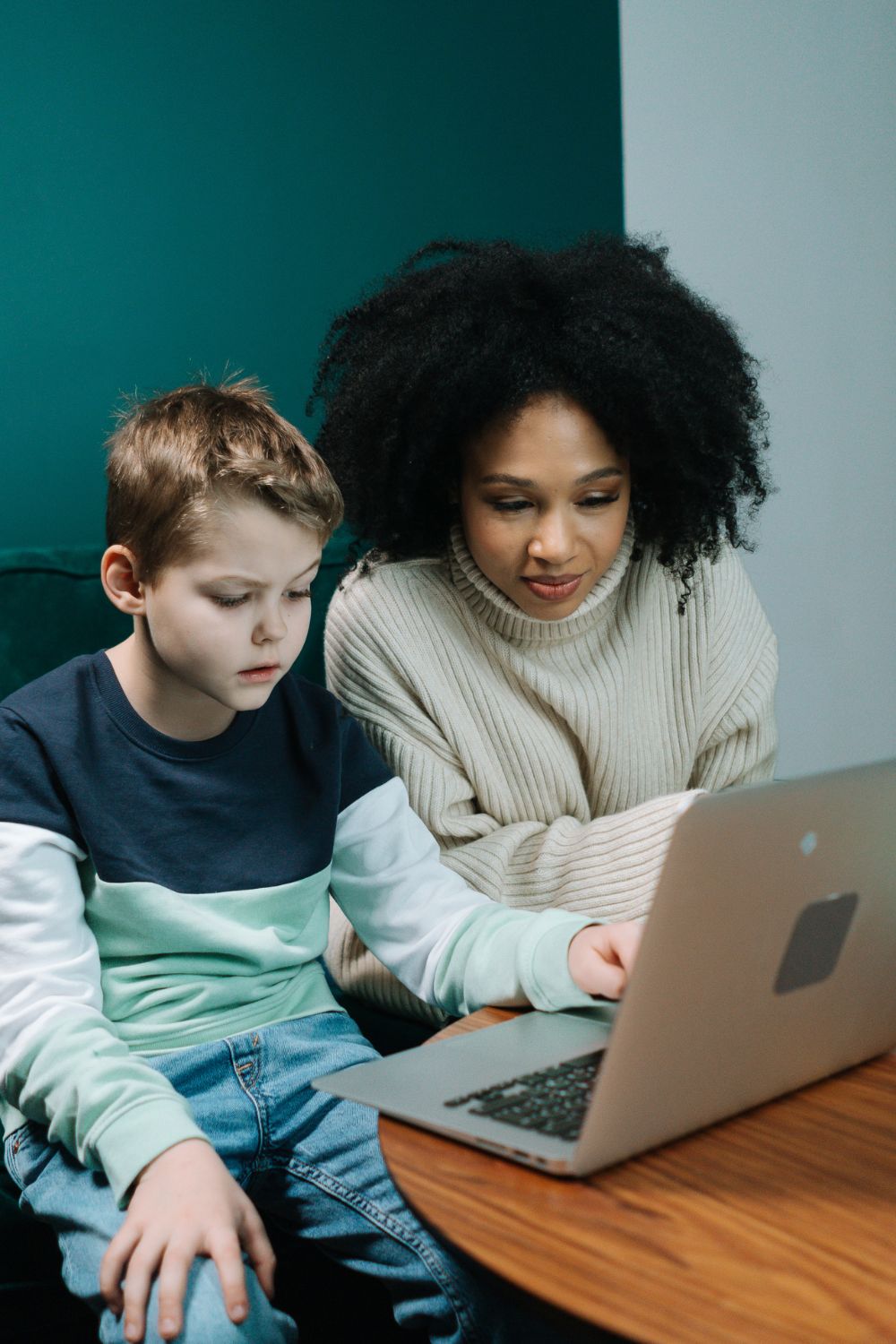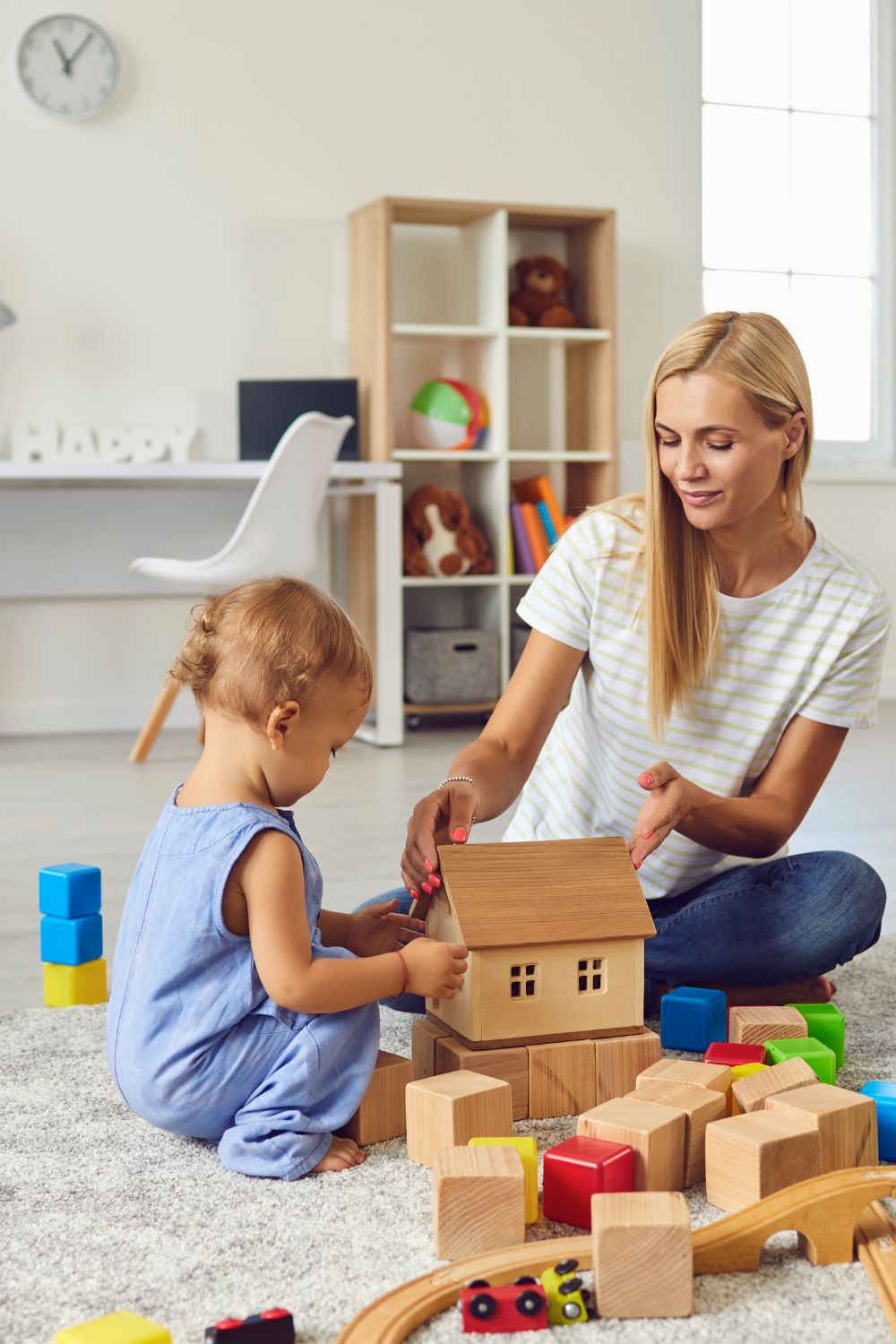Looking for ways to inspire personal growth in your children? Find out how Cultural exchange programs inspired growth in children.
How Cultural Exchange Programs Inspire Personal Growth in Children
Key Takeaways:
- Cultural exchange programs provide unique opportunities for children to experience new cultures firsthand, expanding their worldview.
- These programs foster personal growth, independence, and social skills in children.
- Participants benefit from enhanced language skills and a greater appreciation for diversity.
Table of Contents:
- Introduction
- What Are Cultural Exchange Programs?
- Benefits of Cultural Exchange Programs for Children
- Personal Growth and Independence
- Enhanced Language Skills
- Improved Social Skills
- How to Choose the Right Program
- Research and Reviews
- Meeting Your Child’s Interests
- Tips for a Successful Exchange Experience
- Preparation Strategies
- Handling Homesickness
- Conclusion
Introduction
Cultural exchange programs have become increasingly popular as more families recognize the immense benefits associated with these experiences. Allowing children to integrate into different cultures can significantly broaden their perspectives and enhance personal development. Programs such as au pair exchanges enable families to bring diverse cultural experiences directly into their homes, giving children firsthand exposure to new traditions and languages. These cultural immersion programs foster worldliness and contribute to personal growth and skill development. Many parents find that enrolling their children in such programs helps build a foundation of independence, adaptability, and social empathy.
What Are Cultural Exchange Programs?
Cultural exchange programs are structured opportunities for individuals, particularly children, to live in a foreign country for a set period. This may include staying with host families and attending local schools. The primary goal is to encourage a mutual understanding and sharing of cultural values, traditions, and practices. These exchanges offer participants a unique chance to experience everyday life in a different cultural setting, which can lead to a deeper appreciation and understanding of global diversity. Moreover, cultural exchange programs emphasize learning and personal growth, making them an invaluable experience for young people.
Benefits of Cultural Exchange Programs for Children
Personal Growth and Independence
By stepping out of their comfort zones and navigating new environments, children learn to rely on themselves more. This independence can be a significant step in personal growth. For many children, the experience of living abroad and adapting to different customs and lifestyles fosters a strong sense of self-reliance and resilience. These skills often translate into higher confidence levels and the ability to handle new situations more effectively. Additionally, living independently in a foreign country teaches essential life skills such as problem-solving, critical thinking, and decision-making, which are essential for their future.
Enhanced Language Skills
Immersing children in a new linguistic environment significantly improves their language skills. In many cultural exchange programs, living with a host family means daily practice in a foreign language, which expedites learning and fluency. This form of learning is practical and highly effective, often surpassing traditional classroom education in speed and retention. Children not only learn to speak a new language but also understand the nuances and cultural contexts of its use. Enhanced language skills can open up future academic and career opportunities, making it a valuable asset in today’s globalized world.
Improved Social Skills
Interaction with people from diverse backgrounds allows children to develop empathy and adaptability, which are essential for their personal and professional lives. Learning to communicate across cultural barriers helps children become open-minded and tolerant individuals. They learn to respect differences and find common ground, which is vital in building strong, successful relationships. Improved social skills also enhance their ability to work collaboratively in diverse teams, a crucial skill in the modern workplace.
How to Choose the Right Program
Research and Reviews
Selecting an appropriate cultural exchange program requires thorough research. It’s essential to review trusted reviews and testimonials to ensure the program’s credibility. Look for programs with a proven track record of successful exchanges and positive feedback from participants and their families. Checking the program’s accreditation and affiliations can also assure its quality and reliability.
Meeting Your Child’s Interests
Choosing a program that aligns with your child’s interests increases the likelihood of enthusiastic engagement. Whether it’s a focus on language, arts, sports, or academics, ensuring that the program meets your child’s passions can make the experience more enriching and enjoyable. Discuss your interests and goals with your child and find a program that offers related activities and opportunities. This alignment ensures that your child remains motivated and excited about the exchange experience, leading to more significant personal and academic growth.
Tips for a Successful Exchange Experience
Preparation Strategies
Adequate preparation is critical to a thriving cultural exchange experience. Discuss potential challenges with your child and brainstorm strategies for overcoming them. Please encourage them to keep an open mind and embrace new experiences positively. Preparation can include learning about the host country’s culture, language, and customs, which helps ease the transition. Packing appropriately, understanding the local etiquette, and setting clear expectations with the host family can also contribute to a more comfortable and successful exchange experience.
Handling Homesickness
Homesickness is a common issue but can be managed through regular communication and support. Encouraging your child to stay busy and engage in the host community can also help reduce feelings of homesickness. Reminding them that it’s natural to miss home, but focusing on the positive aspects of the exchange can make the experience more rewarding.
Conclusion
Cultural exchange programs offer life-changing experiences that foster personal and academic growth. Children gain independence, improve language skills, and develop essential social abilities through these programs. By choosing the right program and preparing adequately, families can ensure that their children have a rewarding and memorable cultural exchange experience. The long-term benefits of participating in such programs range from enhanced academic achievements to better career prospects and a more profound understanding of the global community.


Leave A Reply!